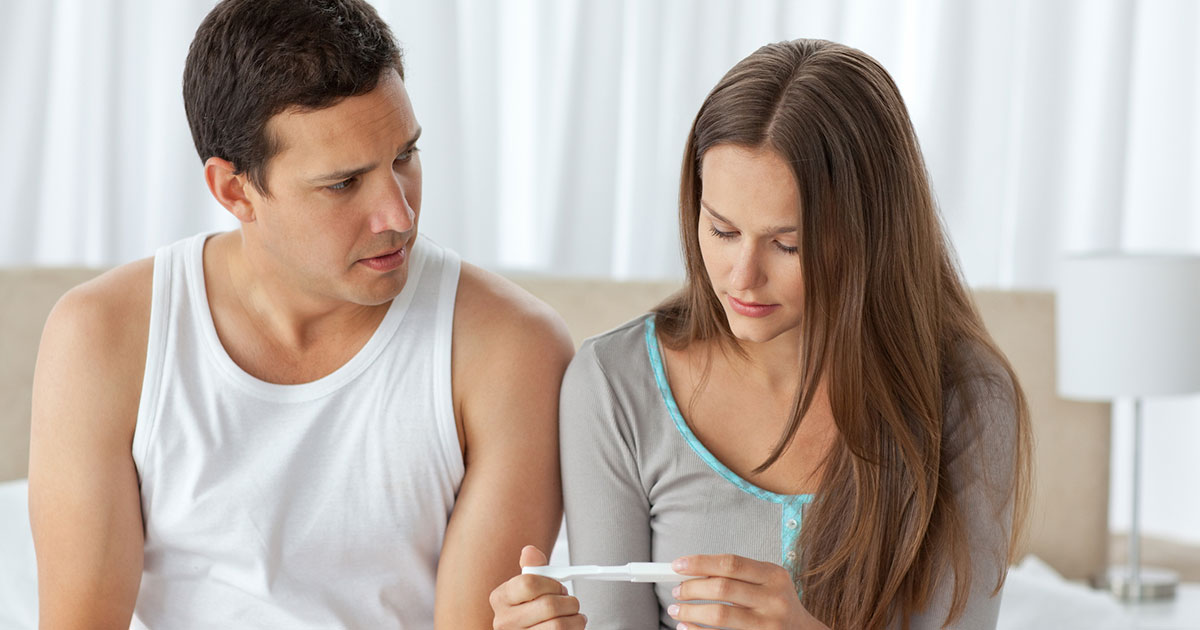Understanding Polycystic Ovary Syndrome (PCOS)
What Are The Symptoms?

There are numerous and often physically and emotionally devastating symptoms a woman can suffer from when it comes to dealing with PCOS. Symptoms can begin after puberty, but can also develop during the later teen years and into early adulthood. Symptoms and signs of the disease include irregular or no menstrual periods, heavy periods, acne, excessive and unwanted body and facial hair known as hirsutism, pelvic pain, difficulty conceiving, and patches of thick, darker, and velvety skin.
Other symptoms include weight gain, difficulty losing weight, fatigue and low energy, mood changes, headaches, and sleep problems. The severity of these symptoms is primarily determined and can dramatically increase if a patient is obese. One of the most challenging symptoms for a female to deal with if they are suffering from PCOS is infertility, as the disorder is the leading cause of female infertility. Although some women may need assistance in conceiving, such as through in vitro fertilization (IVF), other women can conceive naturally, as the condition affects every woman and body differently.